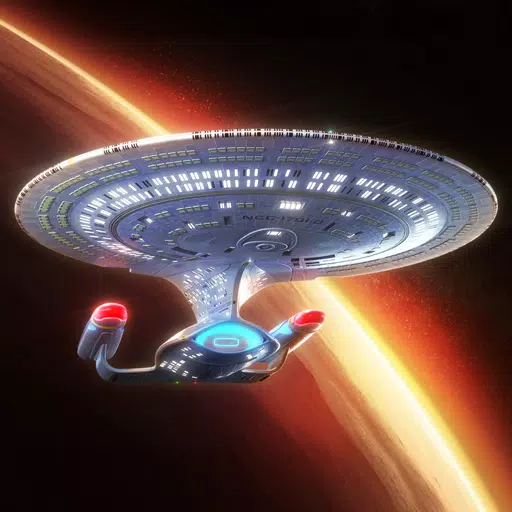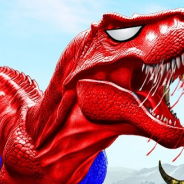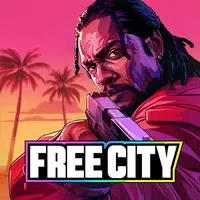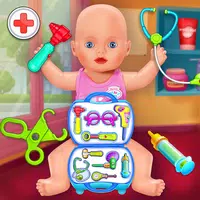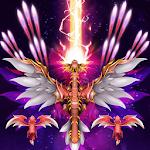Minecraft: From Humble Beginnings to Global Phenomenon
Minecraft's journey to global gaming dominance is a captivating story. Launched in 2009, this sandbox game, the brainchild of Markus "Notch" Persson, quickly transcended its origins to become a cultural icon. This article explores the key milestones in Minecraft's evolution, from its initial conception to its enduring success.
Table of Contents
- Initial Concept and First Release
- Cultivating a Dedicated Player Base
- Official Launch and International Expansion
- Minecraft Versions Across Platforms
Initial Concept and First Release
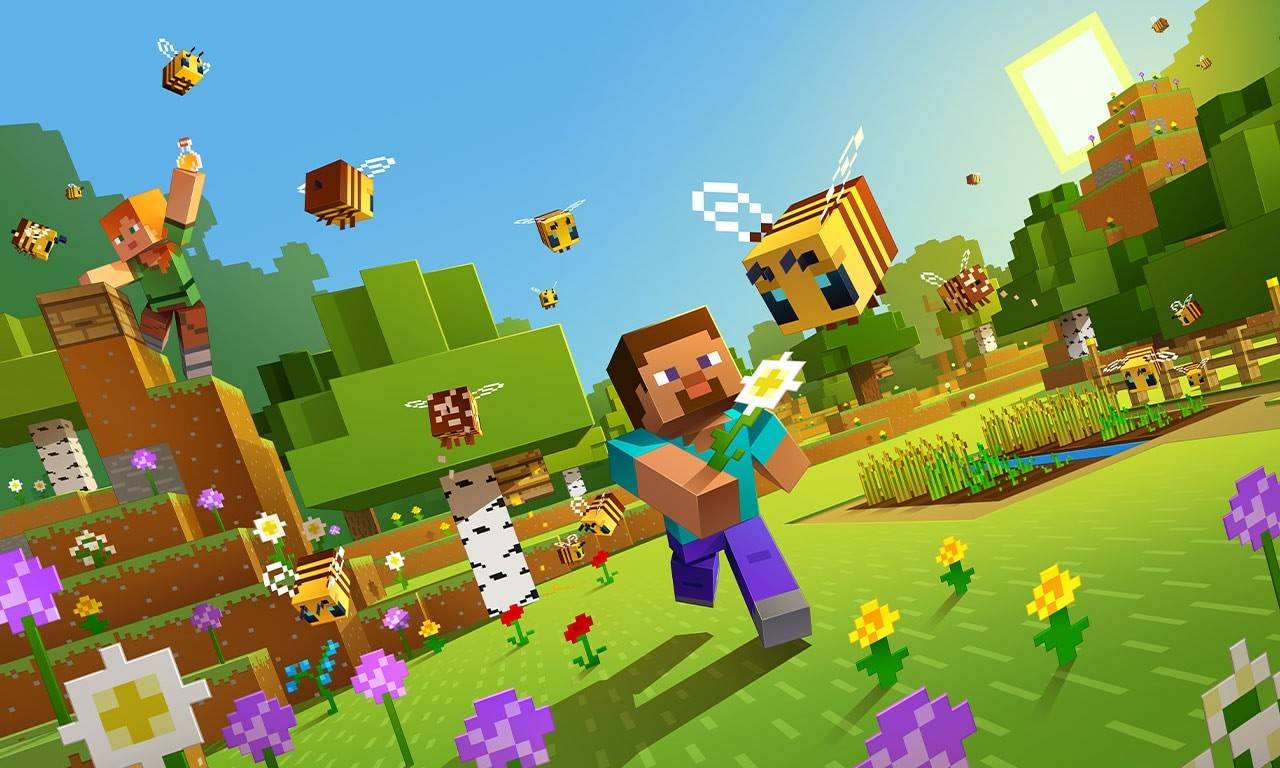 Image: apkpure.cfd
Image: apkpure.cfd
Inspired by games like Dwarf Fortress, Dungeon Keeper, and Infiniminer, Notch envisioned a game emphasizing freedom of building and exploration. The alpha version debuted on May 17, 2009, a lightweight pixelated sandbox experience developed during Notch's time at King.com. Its simple yet engaging building mechanics immediately captured the attention of early adopters.
Cultivating a Dedicated Player Base
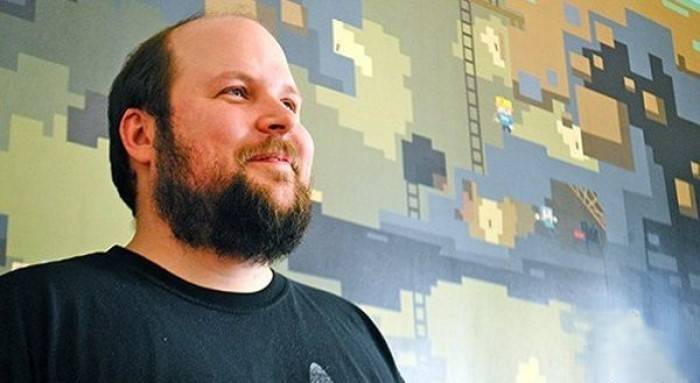 Image: miastogier.pl
Image: miastogier.pl
Word-of-mouth and online buzz fueled Minecraft's rapid growth. Transitioning to beta in 2010, Notch founded Mojang Studios to fully dedicate himself to the project's development. Minecraft's unique gameplay, offering limitless creative possibilities, resonated deeply with players. The addition of Redstone, a crucial element enabling complex mechanisms, further enhanced its appeal.
Official Launch and International Expansion
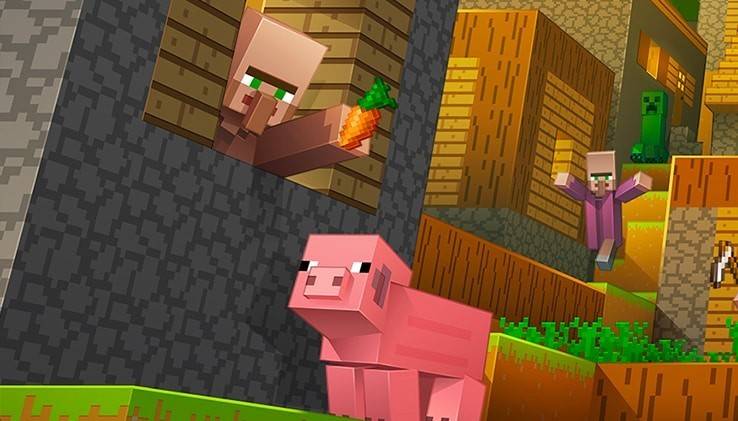 Image: minecraft.net
Image: minecraft.net
The official release of Minecraft 1.0 on November 18, 2011, marked a pivotal moment. Millions of players were already engaged, forming one of the largest and most active gaming communities globally. Players created countless modifications, custom maps, and even educational projects, showcasing the game's versatility. Expansion to consoles like Xbox 360 and PlayStation 3 in 2012 broadened Minecraft's reach even further.
Minecraft Versions Across Platforms
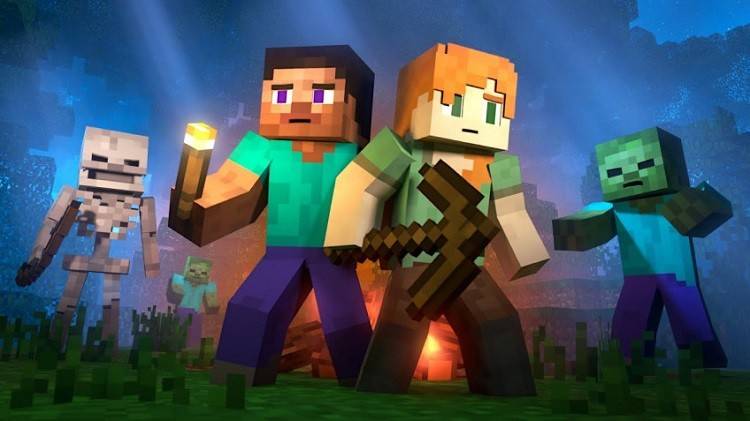 Image: aparat.com
Image: aparat.com
Minecraft's success led to numerous versions tailored for different platforms. Here's a summary of key releases:
| **Version** | **Description** |
| Minecraft Classic | The original, free version. |
| Minecraft: Java Edition | Initially lacked cross-platform play; now includes Bedrock Edition features. |
| Minecraft: Bedrock Edition | Cross-platform compatible with other Bedrock versions. PC version integrates Java features. |
| Minecraft Mobile | Cross-platform compatible with other Bedrock versions. |
| Minecraft for Chromebook | Chromebook-specific version. |
| Minecraft for Nintendo Switch | Includes the Super Mario Mash-up pack. |
| Minecraft for PlayStation | Cross-platform compatible with other Bedrock versions. |
| Minecraft for Xbox One | Partially Bedrock; no longer receiving updates. |
| Minecraft for Xbox 360 | Support discontinued after the Aquatic Update. |
| Minecraft for PS4 | Partially Bedrock; no longer receiving updates. |
| Minecraft for PS3 | Support discontinued. |
| Minecraft for PlayStation Vita | Support discontinued. |
| Minecraft for Wii U | Offered off-screen play. |
| Minecraft: New Nintendo 3DS Edition | Support discontinued. |
| Minecraft for China | China-specific version. |
| Minecraft Education | Educational version used in schools and learning environments. |
| Minecraft: PI Edition | Educational version for Raspberry Pi. |
Minecraft's enduring legacy extends beyond the game itself. It has fostered a thriving ecosystem encompassing dedicated communities, countless YouTube channels, merchandise, and official competitions. With ongoing updates introducing new content and features, Minecraft continues to captivate players worldwide.

